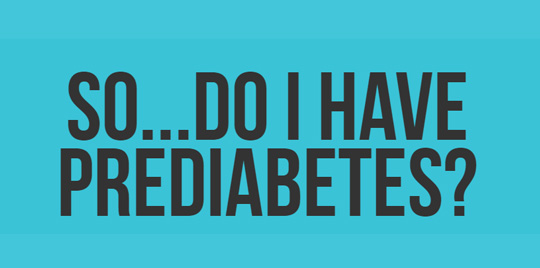Diabetes: Myth vs. Fact
June 20, 2024By: Melissa Zalonis
Categories: Diabetes, Live Healthy, Prevention, Your Wellness

Diabetes is a chronic condition that affects more than 38 million people in the US. It occurs when one’s body doesn’t make or use insulin properly. Insulin is a hormone created in the pancreas that processes the sugars and starches we eat into energy. This disease can be complex to understand and manage. Don’t fall for these common myths. Let the facts help guide you as you make choices to prevent diabetes or manage your symptoms.
Myth: If you are overweight or obese, you will eventually develop Type 2 diabetes.
Fact: Most overweight people never develop Type 2 diabetes. The majority of people who do are either within a normal weight or only moderately overweight. Being overweight is one risk factor for developing diabetes, but other risk factors such as family history, ethnicity and age also play a role.
Myth: Eating too much sugar causes diabetes.
Fact: The answer isn’t simple. Genetics and unknown factors trigger the onset of Type 1 diabetes. Type 2 diabetes is caused by genetics and lifestyle factors. Being overweight increases your risk for developing Type 2 diabetes, and a high-calorie diet contributes to weight gain.
When it comes to sugar, research has shown that drinking sugary drinks in excess is linked to Type 2 diabetes. To help prevent diabetes, the American Diabetes Association recommends people avoid drinking sugar-sweetened beverages, such as:
- Energy drinks
- Fruit drinks
- Fruit punch
- Lattes and other sweetened coffee drinks
- Regular soda
- Sports drinks
- Sweet tea
Myth: People with diabetes must eat special foods.
Fact: A diet for people with diabetes is typically the same as healthy eating for anyone. The ADA suggests that people with diabetes get most of their carbohydrates and sugars from fruits, legumes, vegetables and whole grains. It’s also best to limit added sugars and prioritize whole foods over highly processed foods, when possible.
Myth: Diabetes is not that serious of a disease.
Fact: According to the ADA, diabetes causes more deaths a year than breast cancer and AIDS combined. Having diabetes nearly doubles your chance of having a heart attack. The good news is that when you effectively manage your diabetes, you reduce your risk for complications.
Takeaway
Diabetes can be complex to understand, but the disease is much easier to manage when you know the facts. Speak with your primary care doctor or a diabetes educator to learn how you can lower your risk factors or help keep it under control.
Explore More



